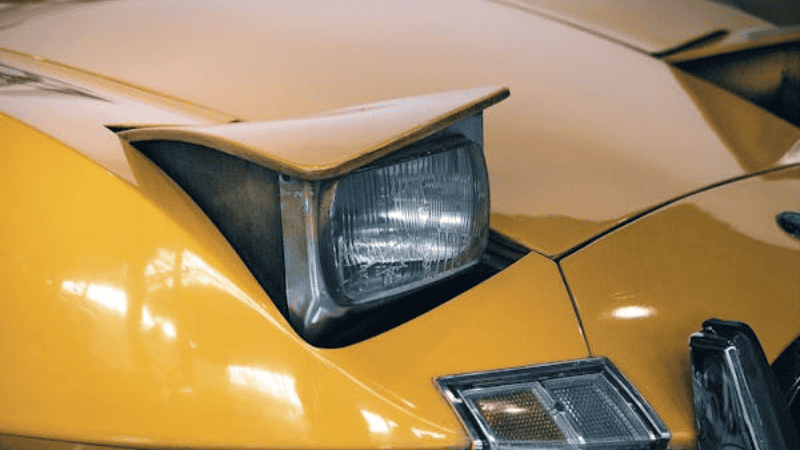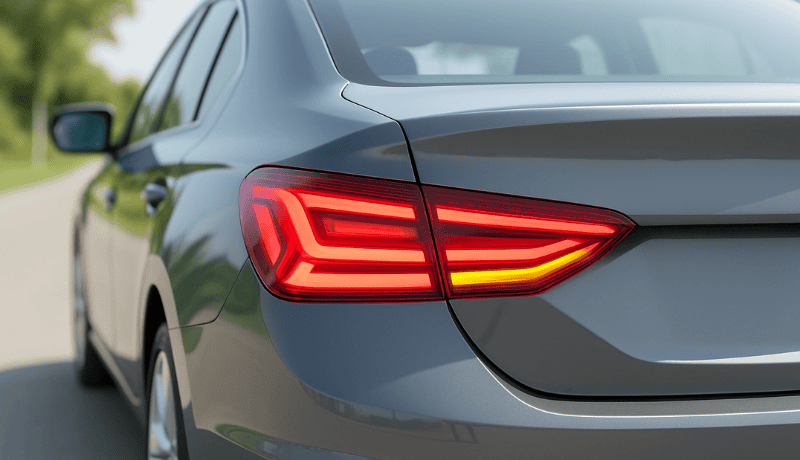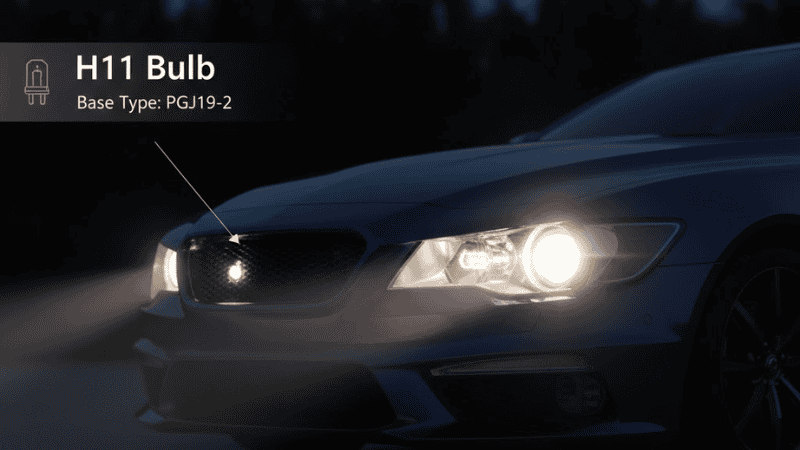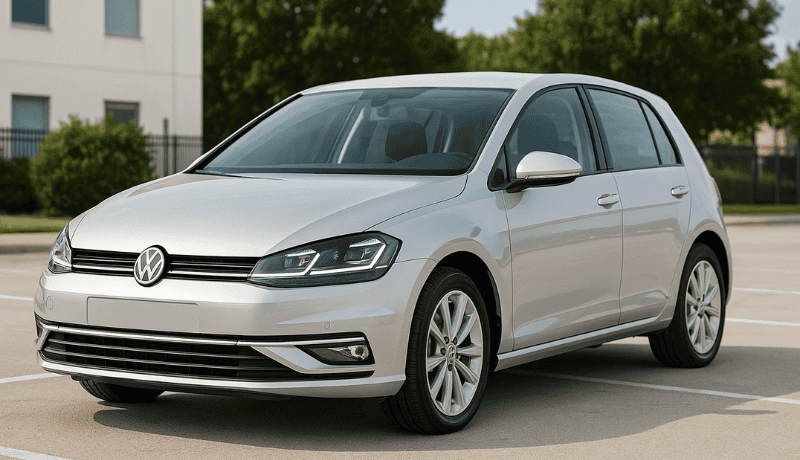Pop-up headlights played an important role in the automotive sector, particularly in cars with pop-up designs. They were stylish and functional. Although they are no longer part of today’s cars, they remain of interest to collectors. Additionally, they offer some modern features worth noting. So let’s reveal them today.
What Are Pop-Up Headlights
Pop-up headlights are the hidden headlamps, a car lighting system that has become a symbol of fashion during the latter half of the 20th century. They differ from the standard fixed headlamp assembly because they remain concealed within the car’s body.
They appear only when you switch on the headlights. The design was such that it provided the car with an aerodynamic profile. It minimized drag when the headlights were switched off.
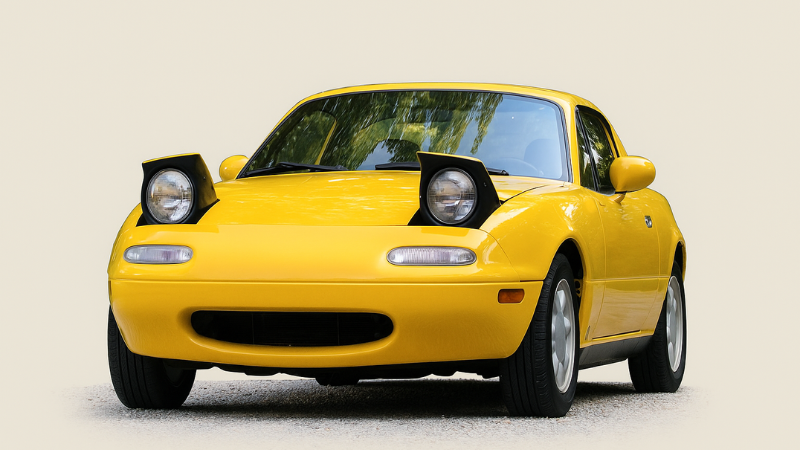
There are normally hidden headlights behind smooth panels or flush-mount covers in most designs. This preserves the car’s sleek profile. Pop-up headlights have been employed on sports cars, concept cars, and many luxury vehicles. Pop-up headlights were all about style and performance.
Their mechanical action was intended for functionality, but it also created a clear visual icon. The icon was symbolic of high-performance and futurism styling.
Pop-up headlights are no longer found on day-to-day cars because of new safety regulations. They are, however, a nostalgic and revered part of classic car culture, celebrated among cool car enthusiasts.
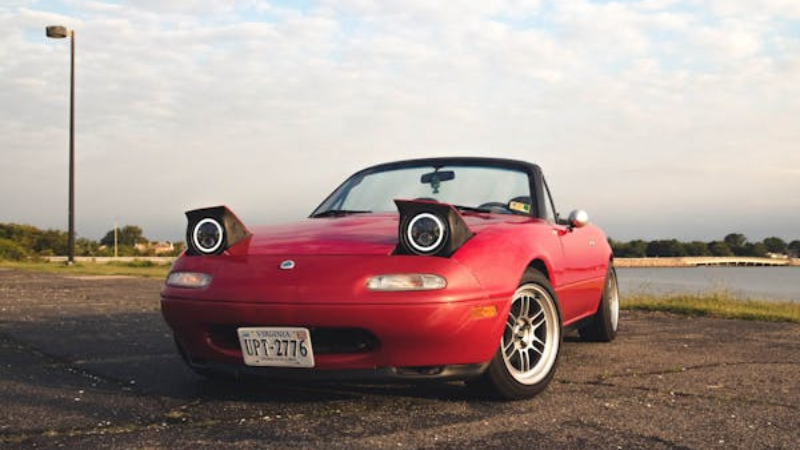
How Do Pop-Up Headlights Work
Pop-up headlights, like those found in a Corvette, have a very basic but effective mechanical system. When you activate the headlight, an electric motor or vacuum actuator engages a mechanism. This raises the headlight housing.
In some instances, the system is linked to the light circuit, so the lights turn on when they appear.
When the lights are extinguished, the same vacuum pressure or motor pulls the housing back into the body and conceals the headlights. The lifting actuation mechanism usually relies on linkages, gears, and limit switches. This setup ensures precise movement and helps prevent misalignment.
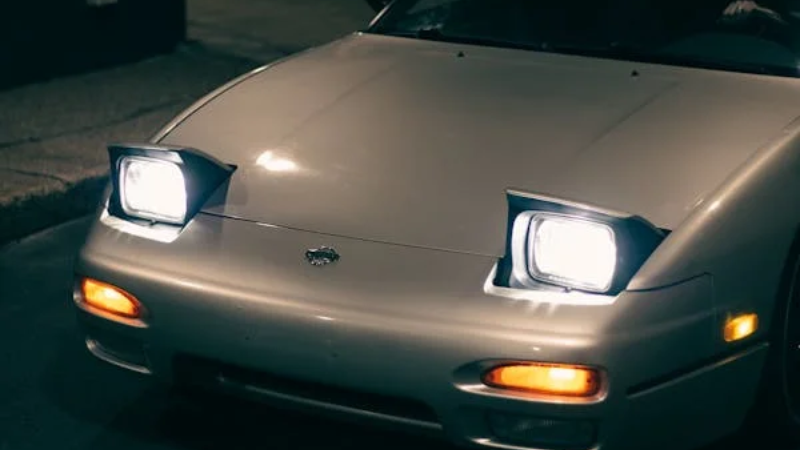
The headlight covers on some models also swing open independently or with the housing. While the mechanical design makes pop-up headlights unique, they must be well-engineered.
This ensures they remain reliable and last a long time. People who restore vehicles and manufacturers that service them should know how this mechanism works, especially with respect to new regulations .
History and Development
Pop-up headlights first appeared on the 1936 Cord 810. This innovative car used hidden lamps to achieve a sleek look. What began as a gimmick turned into the main theme of the 1960s and 1970s. During this time, sports and luxury car makers aimed to blend form and function in their designs.
The 1980s were the peak time for pop-up headlights. This style, often seen in Ferrari models, became a symbol of high performance and futuristic design. Manufacturers worldwide copied the trend. It included everything from budget coupes to luxury supercars.
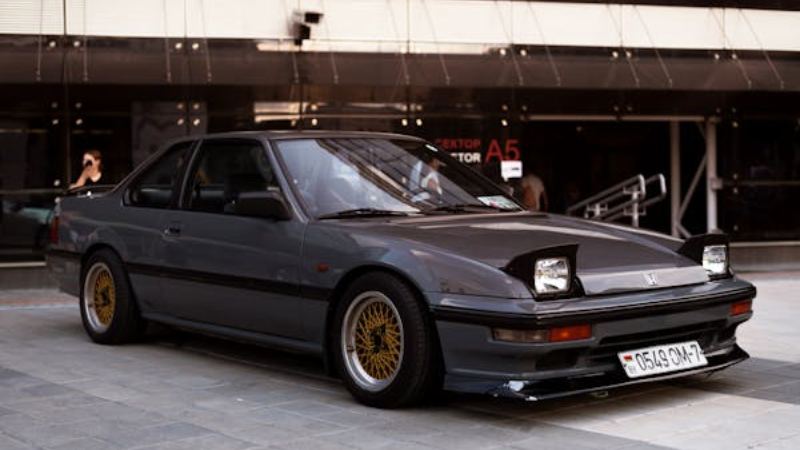
While stylish, pop-up headlights were gaining increasing criticism over time. Owners reported early reliability issues, which created the same problem for many users. They faced mechanical failures like motor burnout and misalignment. These problems led to clogged or non-functional headlamps.
Additionally, new safety standards, primarily focused on pedestrian impact, discouraged protruding details. And upgraded smart headlights are focusing on the Wm. This change marked the end of a car design that could break previous standards and was once widely praised.
Best Classic Cars with Pop-Up Headlights
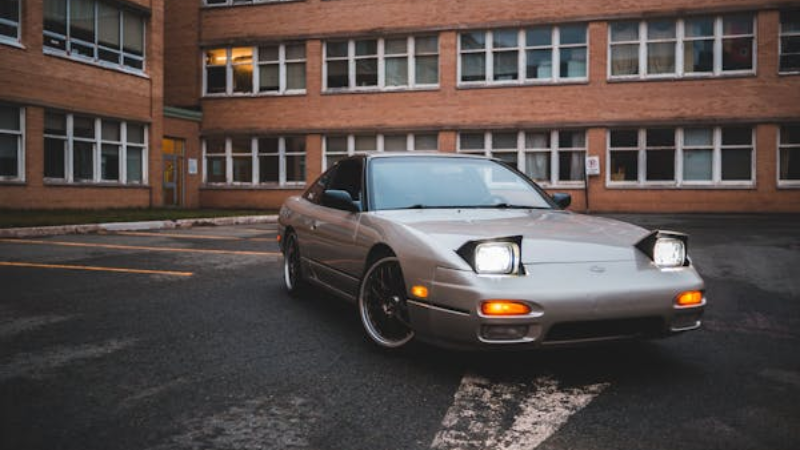
These timeless machines not only turned heads but also defined an era of innovative automotive design.
Mazda RX-7 FC / FD: Light, balanced, and rotary-driven with pop-up icons
Toyota MR2 (AW11, SW20): Aggressive, angular styling married to mid-engine configuration
Chevrolet Corvette C4: Classic American sports car of the pop-up age
Ferrari 308 / F40: Exotic high-performance with head-turning Italian styling
Lotus Esprit: Futuristic wedge shape with pop-up lights
Porsche 944 / 928: Front-engined Porsches with specially tilting headlamp mechanisms
Lamborghini Diablo: Hyperbolic styling and supercar presence with pop-up signature panache
They remain highly sought after by collectors and enthusiasts. They appreciate the vintage appearance and mechanical appeal of pop-up headlights.
Why Did Pop-Up Headlights Get Banned (or Discontinued)?
Pop-up headlights declined gradually with time owing to rules, mechanical problems, and market trends. European pedestrian safety regulations make it difficult for manufacturers to use headlamp assemblies that pop up or move across other vehicles.
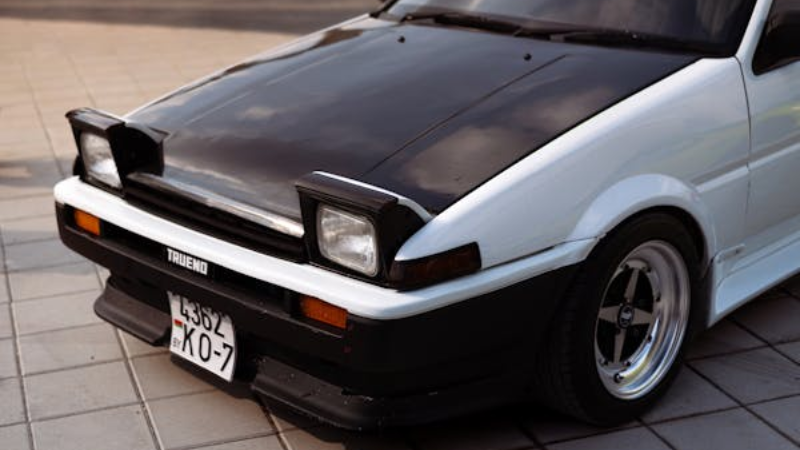
They did not do well with additional crash and light performance requirements. Additional weight created more manufacturing faults and reliability concerns. Engines would overheat, and headlamps would clog. They were less popular due to these functions.
Car body design has progressed to the point where fixed slim projector and LED headlamps are now preferred. Pop-up systems are, therefore, a thing of the past.
Influence on the Automobile Industry
The decline in popularity of pop-up headlights prompted designers to reevaluate front-of-vehicle design. As safety legislation grew stricter, designers shifted to lower-profile, integrated light arrangements.
These are safer and cheaper. Newer technology like HID projectors and LED modules produces smaller, more aerodynamic forms.
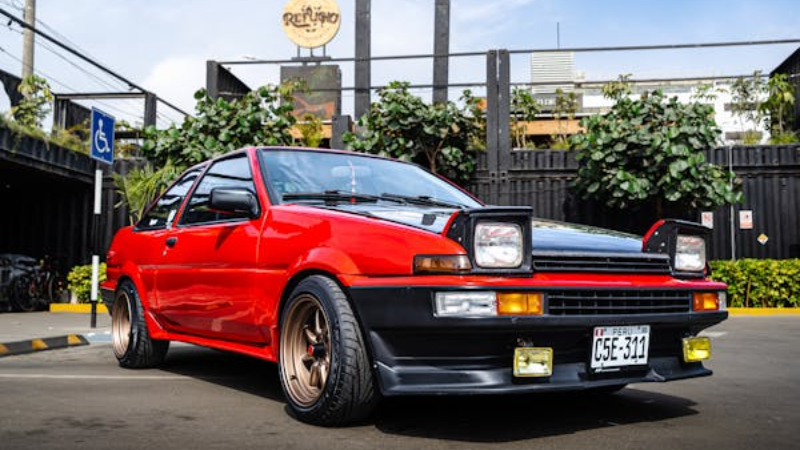
The trend also influenced the company’s overall design language. It maintained smooth surfaces and provided performance lighting, but left the mechanical intricacy to someone else.
Are Pop-Up Headlights Legal Today?
Yes, pop-up headlights are still legal on cars that originally came with them. You may register, sell, buy, and drive them in most jurisdictions, including the United States, but they may be outright banned in some areas.
No production car uses pop-up headlights anymore. Pedestrian safety has revolutionized car design.
New headlamp height regulations have cleared the way. Hanging pop-up headlights may be outlawed at local or national code, state to state. These fans adore them, but they are more suited to collectors than daily use for new and cheap cars. Now, newer technology like HID and LED is replacing them.
Pop-Up Headlights vs. Fixed Headlights: A Design Comparison
| Feature | Pop-Up Headlights | Fixed Headlights (Modern) |
|---|---|---|
| Aesthetics | Iconic, retro, and unique | Sleek, aggressive, and integrated |
| Aerodynamics | Good when retracted; poor when open | Consistently optimized for airflow |
| Maintenance | Prone to motor and alignment issues | Reliable and easier to maintain |
| Lighting Performance | Halogen or sealed-beam; limited by design | LED, projector, and adaptive lighting are available |
| Compliance with Laws | Legal on classics; not suitable for new builds | Fully compliant with modern safety and lighting regs |
| Durability | Mechanical parts are prone to wear | Solid-state design with a longer lifespan |
| Customization Options | Limited | Wide range of styles, colors, and beam patterns |
Why Modern LED Headlights Are the Better Choice Today.
Pop-up headlights are old and antiquated. New vehicles need smarter, safer, and more efficient lighting. Carlightvision provides high-quality, cutting-edge LED headlamp technology, including compliant pop-up headlamps that meet global safety standards and exceed OEM performance.
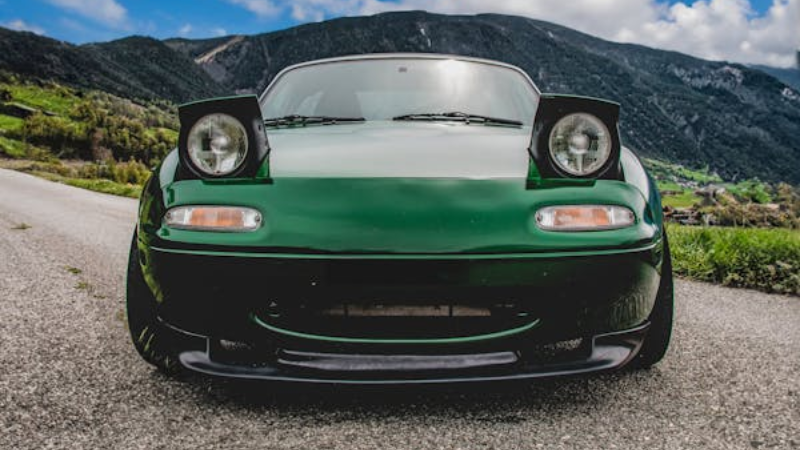
Our LED headlights come with aerodynamic headlamps and a wide selection of innovative features such as:
- High lumen output for better road visibility
- Instant-on lighting with no warm-up time
- Adaptive beam assistance for smart light distribution
- Energy efficiency by reducing the load on the vehicle’s electrical system
- IP67/IP68 waterproof and dustproof construction for enduring all weather conditions
- Overheating prevention via thermal management systems
- CAN bus support for easy integration into ECUs utilized in contemporary vehicles
- Custom design options to accommodate specific OEM and aftermarket needs
Our products emit whiter light, have a longer lifespan, and seamlessly integrate with the contemporary automobile design. They’re ideal for OEMs, auto wholesalers, and aftermarket resellers looking for cutting-edge, reliable lighting technology that delivers maximum performance, pedestrian protection provisions, and appearance.
FAQs
Are pop-up headlights ever coming back?
It’s unlikely. While they’re still beloved for their retro charm, modern safety regulations—especially around pedestrian impact—make pop-up headlights difficult to approve on today’s production cars. Most manufacturers have moved on to sleeker, integrated lighting designs that meet current standards.
Why did car companies stop using pop-up headlights?
The main reasons were safety and cost. Pop-ups don’t meet modern pedestrian safety laws, and the mechanisms are more prone to failure and expensive to maintain. As design trends shifted toward aerodynamic efficiency, pop-ups were phased out in favor of flush, fixed headlights.
Can I legally install pop-up headlights on a newer car?
Technically, yes — but legally and practically, it’s complicated. You’d need custom fabrication, significant body modifications, and even then, your car might not pass inspection in some areas. For most people, it’s not worth the risk or cost unless it’s for a show car or private collection.
Are pop-up headlights road-worthy today?
Yes, provided they are well-maintained, but older vehicles may break down due to worn-out motors or jammed mechanisms.
Is a pop-up and retracting headlight the same?
Not exactly—pop-up lights pop up in a vertical direction, whereas retractable lights will swing or fold in some other direction.
Conclusion
Pop-up lights are a thing of the past, legends of the motor past. While modern security regulations won’t allow them to return, the road ahead shows life shines today as stars at classic car and collector shows. For modern, compliant lighting, Carlightvision offers top-of-the-line LED solutions for the present and future.
Trusted by Distributors and OEMs – Carlightvision Delivers What the Market Demands
Overhaul your fleet of automobiles for the new era. Phase out legacy systems and switch to Carlightvision’s advanced 360 LED, high-lumen, and CANbus lamp technology. They are ruggedized, compliant, and visible in today’s market. They are what the auto industry needs today. Contact us to discuss bulk orders and special lighting for your company.
